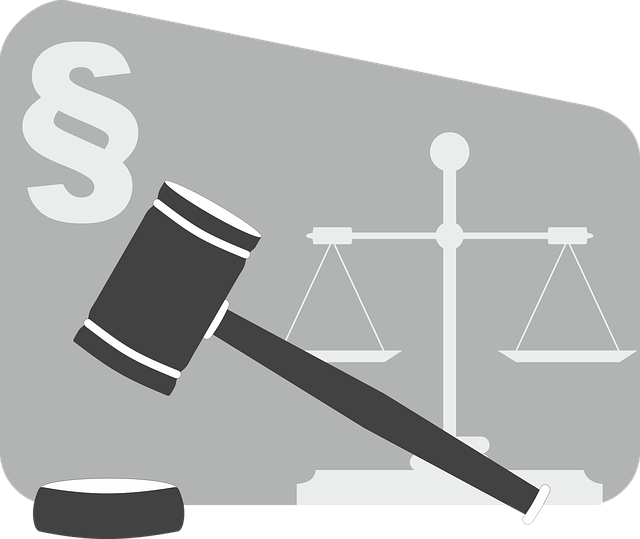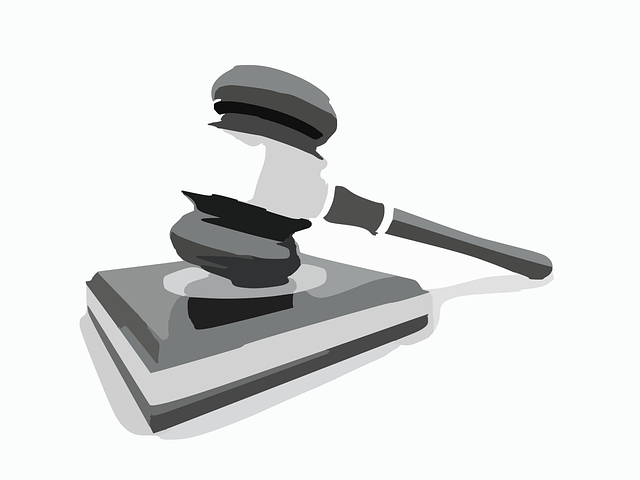Environmental Crime Trials pose unique challenges for small businesses, with antitrust laws playing a crucial role. These trials scrutinize environmental violations, often impacting small firms' survival due to complex regulations and high legal costs. Accusations of price-fixing can be detrimental, hindering growth. Strategically, businesses can defend against charges by adhering to industry standards, fostering responsible practices, and communicating environmental initiatives. Recent global trends show successful defenses through jury trials, emphasizing the need for balanced legal frameworks and corporate accountability for environmental crimes.
“Environmental Crime Trials: Navigating Legal Complexities and Global Implications explores the intricate world of environmental law through the lens of high-stakes trials. This article delves into the multifaceted aspects, from understanding the legal framework, such as the role of antitrust laws in mitigating ecological crimes, to examining their profound impact on small businesses.
We analyze successful global strategies employed by companies facing charges and uncover lessons learned. By exploring these diverse perspectives, we offer insights into the evolving landscape of environmental justice, with a specific focus on the Impact of antitrust laws on vulnerable enterprises.”
- Understanding Environmental Crime Trials: A Legal Perspective
- Antitrust Laws: Protecting Competition or Hindering Growth?
- Impact on Small Businesses: Legal Battles and Consequences
- Strategies for Businesses Facing Environmental Charges
- Global Trends: Success Stories and Lessons Learned
Understanding Environmental Crime Trials: A Legal Perspective

Environmental Crime Trials offer a unique legal perspective on addressing environmental violations and their far-reaching impacts. These trials focus on holding individuals and corporations accountable for crimes against nature, often involving complex issues of public policy and regulatory compliance. From a legal standpoint, understanding these cases requires examining the interplay between environmental regulations and various criminal statutes. One significant aspect is the application of antitrust laws, which can have a profound effect on small businesses accused of environmental misconduct. The Impact of Antitrust Laws on Small Businesses becomes crucial when defending against charges, as these businesses may face not only financial penalties but also challenges to their survival in highly competitive markets.
Winning challenging defense verdicts in such trials demands a strategic approach that considers the specific circumstances of each case. Across the country, legal experts have successfully argued for the complete dismissal of all charges, demonstrating that environmental regulations must be balanced with the economic viability of businesses. This delicate balance ensures that justice is served while fostering sustainable practices rather than unduly penalizing entities for past transgressions.
Antitrust Laws: Protecting Competition or Hindering Growth?

Antitrust laws, while primarily designed to protect market competition and foster fair business practices, can also present significant challenges for small businesses. These laws, which vary across jurisdictions, aim to prevent companies from engaging in anti-competitive behaviors such as price fixing, market division, or monopolization. However, their implementation can inadvertently hinder growth opportunities for smaller enterprises.
The impact of antitrust regulations on small businesses is multifaceted. On one hand, they create a level playing field by ensuring larger corporations don’t dominate markets through illegal means. Yet, the complex nature and strict enforcement of these laws can make it difficult for small companies to navigate, especially during all stages of the investigative and enforcement process. Winning challenging defense verdicts in such cases often requires robust general criminal defense strategies tailored to address antitrust allegations, which can be both time-consuming and costly.
Impact on Small Businesses: Legal Battles and Consequences

Small businesses often find themselves caught in the crossfire when it comes to environmental crime trials, facing significant challenges that can impact their survival. Legal battles stemming from such cases can be lengthy and expensive, placing a strain on resources that are usually limited. The consequences of these trials extend beyond financial losses; they can also result in reputational damage, making it harder for these businesses to operate or expand across the country.
The impact of antitrust laws plays a crucial role in these scenarios. As many environmental cases involve accusations of price-fixing or market manipulation—common elements in white-collar and economic crimes—small businesses might be caught up in these investigations, even if they had no direct involvement. Avoiding indictment is a primary concern for them, as it can prevent future partnerships and investments, hindering their growth prospects.
Strategies for Businesses Facing Environmental Charges

Businesses facing environmental charges often find themselves navigating complex legal waters. One key strategy is understanding and leveraging the impact of antitrust laws, which can offer protections for small businesses. By demonstrating that their actions were not designed to harm competition or the environment but rather part of a broader industry standard, companies can mitigate potential penalties. This involves gathering evidence and collaborating with experts who can showcase an unprecedented track record of responsible practices across various sectors.
Engaging proactively with both the philanthropic and political communities can also be beneficial. Proactive disclosures and transparent communications about environmental initiatives can help build a positive narrative. Throughout all stages of the investigative and enforcement process, businesses should aim to foster open dialogues with regulators, demonstrating their commitment to environmental stewardship while ensuring fair treatment under the law.
Global Trends: Success Stories and Lessons Learned

In recent years, environmental crime trials have gained significant global attention, with countries worldwide recognizing the need to hold perpetrators accountable for their actions. These trials are not only about justice but also about deterring future crimes and promoting sustainable practices. One notable trend is the increased use of jury trials, which has led to some winning challenging defense verdicts. Countries like the United States have seen a rise in cases where businesses, particularly small ones, have achieved extraordinary results in defending themselves against environmental charges. The impact of antitrust laws on these small businesses plays a crucial role, offering protections that enable them to stand up to larger corporations and hold their ground in court.
Lessons learned from these success stories reveal the importance of robust legal frameworks and effective enforcement mechanisms. Environmental regulations, when well-defined and consistently applied, can serve as powerful deterrents. Additionally, public awareness and participation are vital; communities that actively monitor and report environmental offenses contribute to a more sustainable future. By examining these global trends, policymakers can develop strategies that not only combat environmental crimes but also foster a culture of corporate responsibility and accountability.
Environmental crime trials, with a focus on antitrust laws, significantly impact small businesses. As global trends reveal both success stories and challenges, it’s evident that navigating these legal battles requires strategic adaptability. For businesses facing environmental charges, understanding the intricate balance between competition protection and regulatory enforcement is crucial. By learning from international experiences, companies can develop resilient strategies to mitigate risks and ensure sustainable growth while respecting environmental standards. The impact of antitrust laws on small businesses underscores the importance of proactive compliance measures and legal expertise in this evolving landscape.






